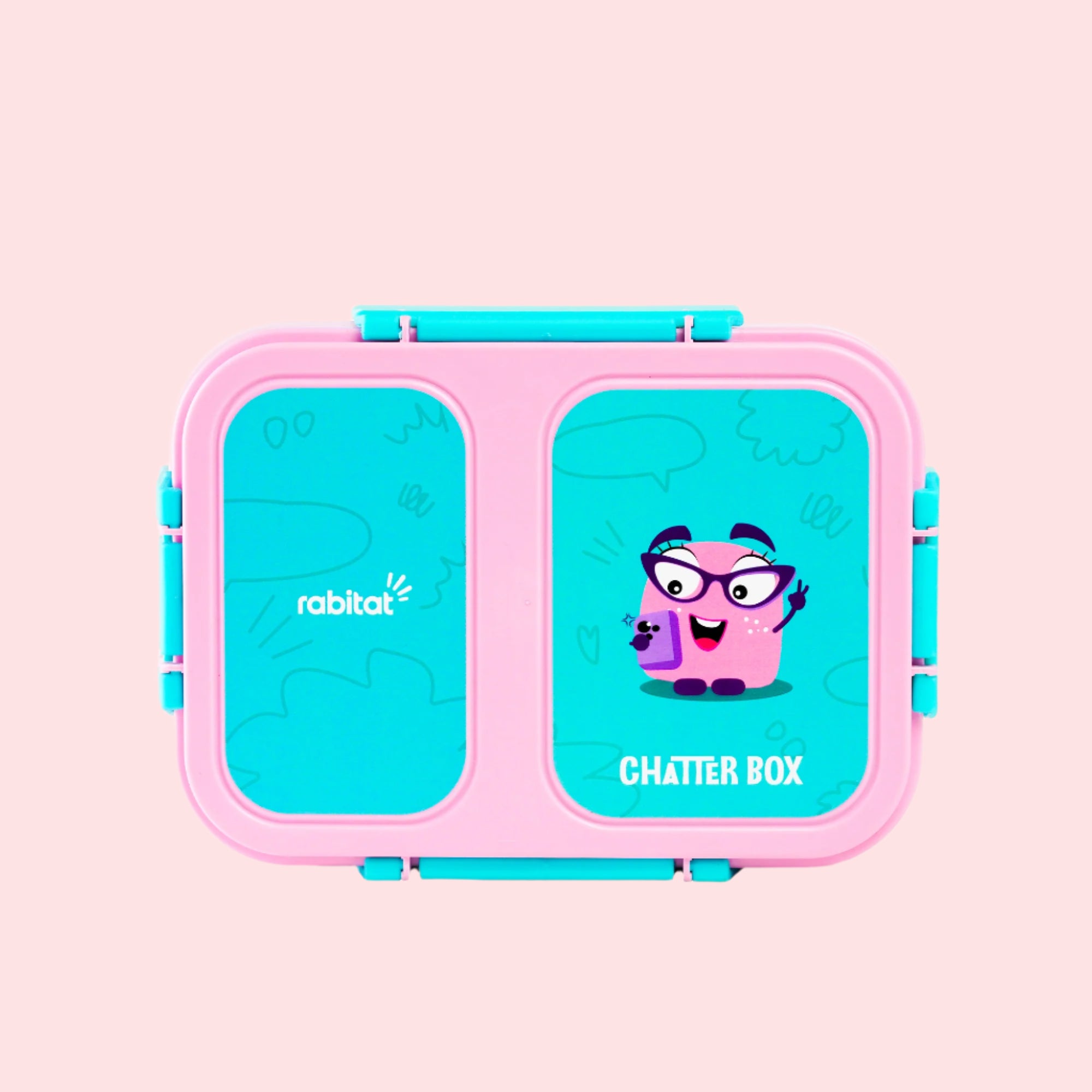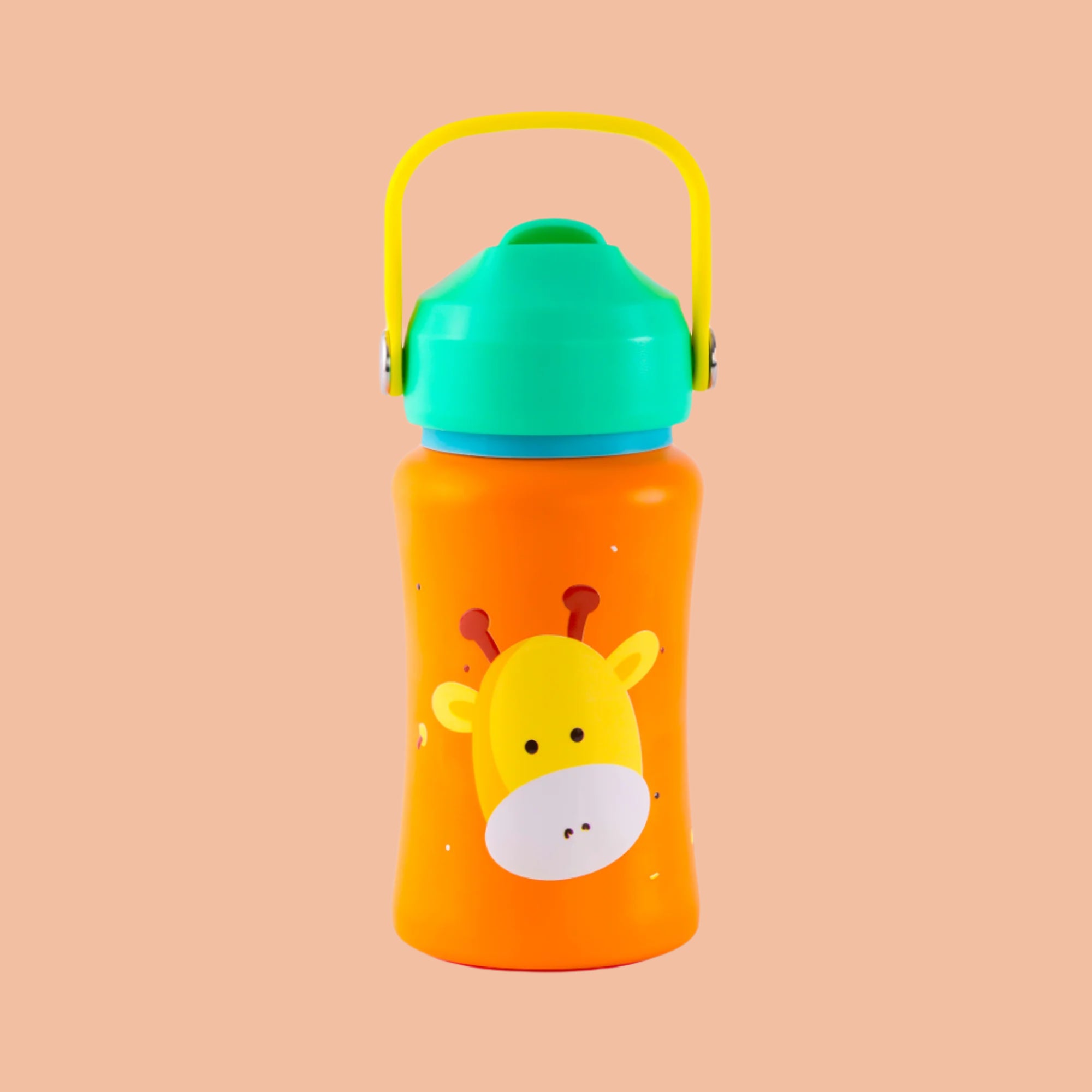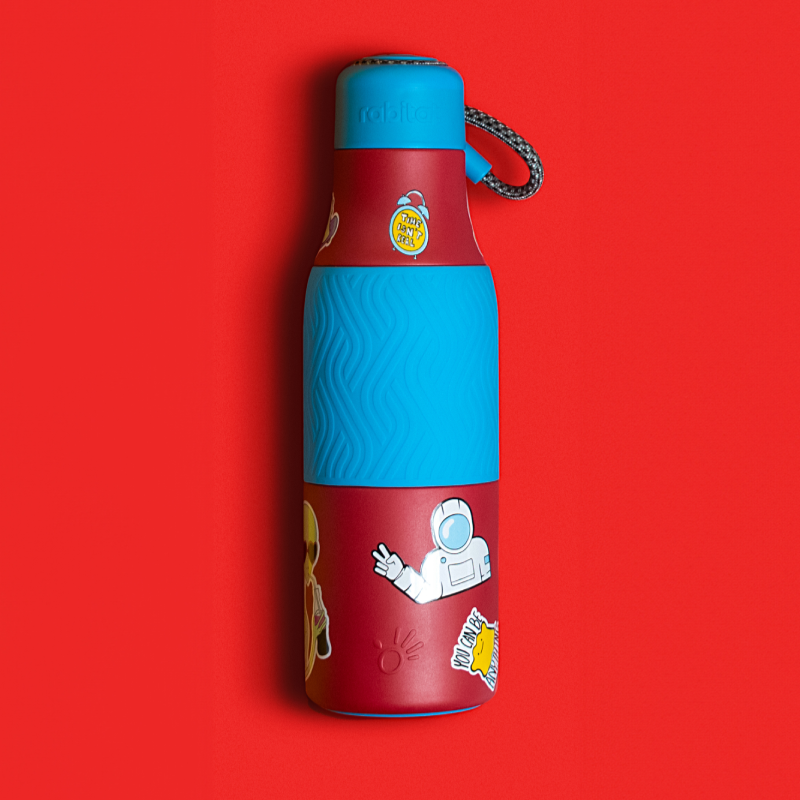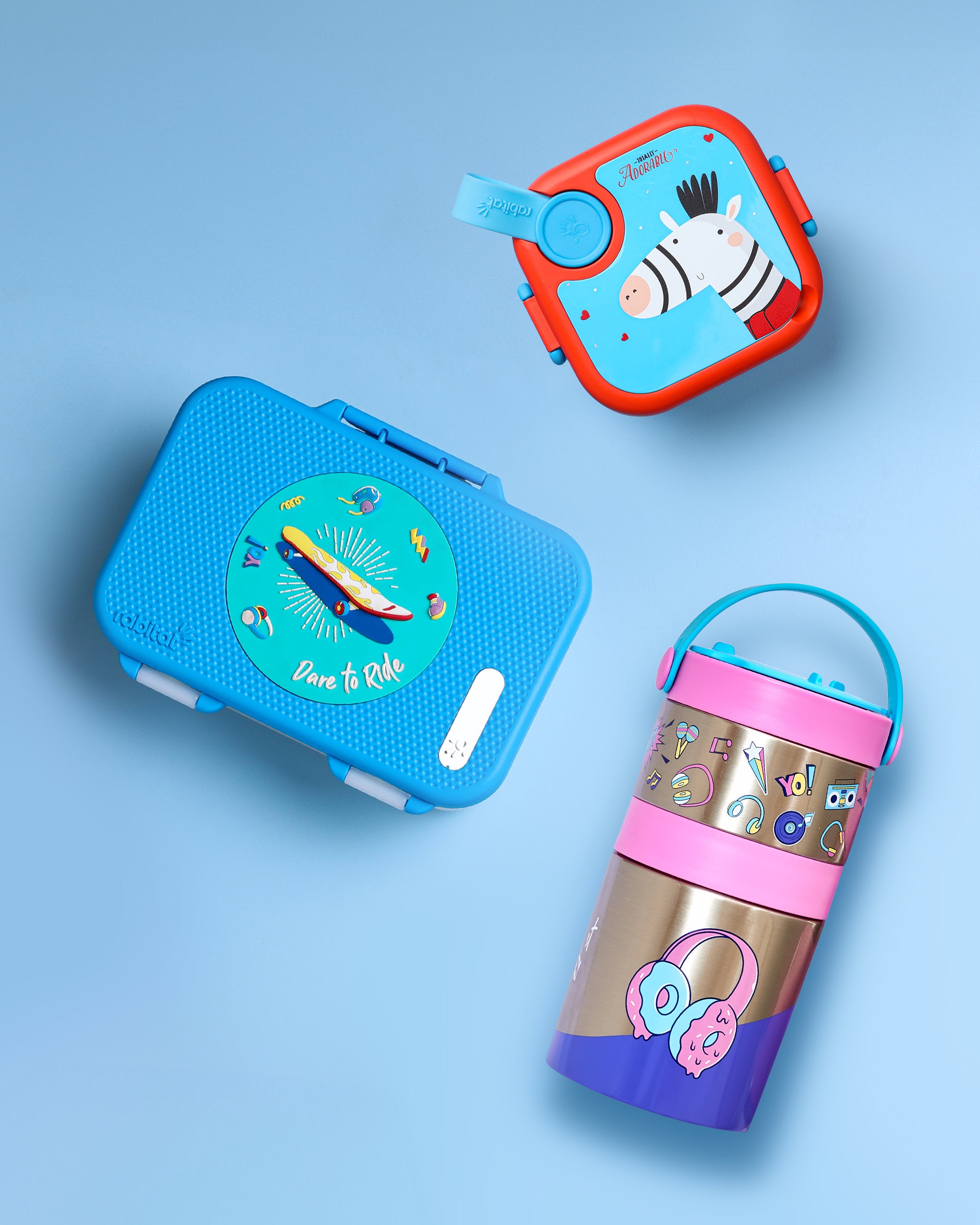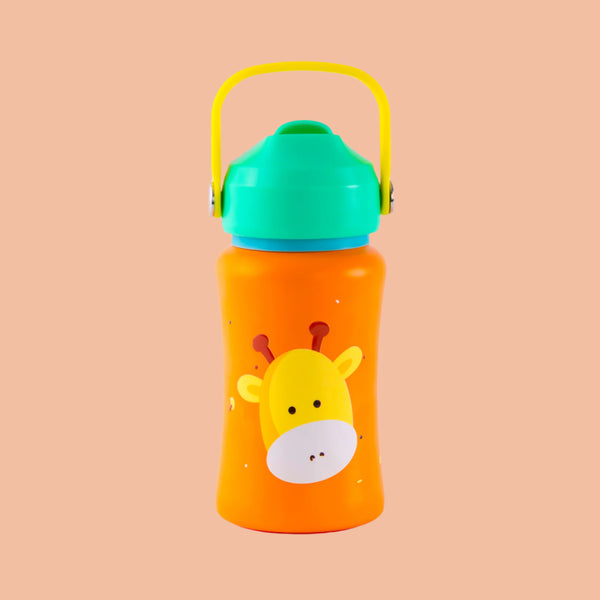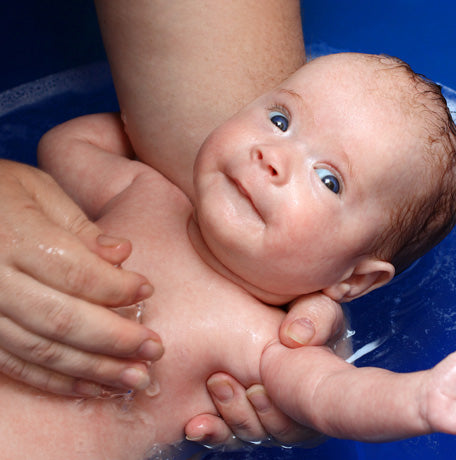When you are pregnant for the first time, you have a hundred questions on your mind. Apart from your baby’s wellbeing, the other thing that may concern you are the multiple changes your body will go through. For some women, the changes are more prominent and begin right after they conceive. Some expecting mothers are fortunate enough as their bodies change gradually.
The fact of the matter is that as the baby will grow, your body will change to meet the baby’s needs. For instance, your uterus will expand to 500 times its size. It is nothing short of nature’s wonder.
Here is a week-by-week guide of what’s in store for you in this nine-month-long period. For your convenience, I have divided it into three trimesters.
Trimester 1:
It includes the period from week 1 of your pregnancy and lasts till the 13th week.
Week 1 and 2:
These are the weeks that immediately follow the last date of your last menstrual cycle. At this time, there is no baby in sight, but a whole lot of hormones are preparing your uterus for the next fertilised egg. It is the time when the lining of your uterus starts thickening, and the amount of estrogen is on the rise.
Although you are not technically pregnant at this point, you may want to start taking your prenatal vitamins. It is also advisable to abstain from alcohol and smoking if you are trying for a baby.
Week 3 and 4:
Week 3 is when you ovulate, and the egg and sperm meet to form a single-cell fertilised egg. Also called a zygote, it starts dividing into multiple cells. These cells ultimately develop into the embryo and the placenta.
During week 4, this cluster of cells, implant into your uterus. These cells divide into two groups later – one that will grow into your baby and the one that will form the placenta. At this stage, your baby is like a poppy seed.
Week 5 and week 6:
Your baby has now grown into the size of an orange seed in week 5. Believe it or not, your baby also has a tail at this point. Don’t worry as it will sort out with time. In this week, your baby’s circulatory system will start developing. Week 5 is when you have missed your period, and your home pregnancy test will be positive. As the pregnancy hormones start kicking in, you can experience nausea, tender breasts or smell sensitivity.
In week 6, your baby is like a little sweet pea. The surging hormones will increase your bathroom visits. You may also feel exhausted as you go about your day. It is also the week when the morning nausea will start kicking in.
Week 7 and 8:
In week 7, your bub is developing its hands and legs. Although you may not have started showing yet, your blouses will start getting snug around your chest. To fight your constant fatigue, you may want to start eating frequent meals throughout your day.
Week 8 is when your baby has grown to the size of a raspberry. The uterus, which is the size of a fist now, will try to make more space in your abdomen. Indigestion and flatulence may be your main concerns at this point.
Week 9 and 10:
Your bub is about the size of an olive now and is beginning to look more human. You can also hear the sound of its heartbeat during your regular checkups.
With week 10, you enter the 3rd month of your pregnancy. About the size of a prune, your baby is starting to grow its bones. It is also the time when that tiny bump may begin to show.
Week 11, 12 and 13:
With ears, mouth and lips, your baby is taking its shape in full form now. At this point, you may start feeling hungrier, and that’s a good thing. It is advisable to eat healthy as per your nutrition charts.
In week 12, your baby is now the size of a lime. If you have been unable to hear the heartbeat before, now could be your lucky time. At 150-170 beats per minute, your baby is working hard.
Week 13 is the last month of your first trimester. After this week, it could be safe to announce your pregnancy to the world.
Week 14 and 15:
About the size of a clenched fist, your baby is now sailing around in your tummy. Also, your baby’s first hairs will start sprouting this week. As this is the beginning of your second trimester, you could start feeling more active. The morning sickness will reduce, and so will your bathroom trips.
In week 15, your baby has grown to the size of a pear and has fully-developed ears. If you were unable to gain weight in the first trimester, you could start seeing the change now.
Week 16 and 17:
At 3-4 ounces, your baby is giving you every reason to be proud of her. The facial muscles have started developing, and those ears have started working too.
In week 17, your baby is about the size of a palm and the body fat has also started accumulating. You may experience more than normal vaginal discharge around this time.
Trimester 2 is your journey from week 18 to 27.
Week 18 and 19:
Between 5 to 6 ounces, your baby is now growing more with every passing week. Moreover, now your baby has started hiccuping and yawning.
In week 19, a waxy substance starts forming over your baby’s skin to protect it from the amniotic fluid. You may begin experiencing those painful cramps and spasms in your legs right about now.
Week 20 and 21:
Week 20 is the midpoint of your pregnancy, and you are halfway through. Yaayy! Now there are only 20 more weeks till you can finally meet your little bundle of joy.
By week 21, your baby is about the size of a large banana. If that is not enough, the baby has started developing taste buds. Around this time, you may start noticing new stretch marks on your body.
Week 22 and 23:
At week 22, your baby is about a pound heavy. This week, your baby’s muscles will strengthen, and so will the grip of her tiny little fingers. The hormones in your body have started loosening your bones, and you may notice a change in the size of your feet.
By week 23, you may start noticing skin tags and discolouration in other areas. Linea nigra, a dark line that runs from your belly to pubic area may also become more pronounced.
Week 24 and 25:
At week 24, you are in the 6th month of your pregnancy. Your bub weighs about a pound at this point. All the facial features have also taken their shape.
At about one foot long, your baby starts practising breathing in week 25. Bleeding gums and painful haemorrhoids are two common complaints about this time.
Week 26 and 27:
At week 26, you may see your outie belly button for the first time. Your baby starts seeing from this week. Also, starting this week, your baby’s movements may become more prominent in the form of those lovely kicks.
By week 27, your baby has started recognising your voice. At this stage, your uterus is about the size of a basketball. Swelling of your hand and feet will be the new changes in your body.
Trimester 3
Week 28 and 29:
At week 28, you officially enter the third trimester of your baby, who weighs more than 2 pounds. More than anything, she is busy blinking and dreaming. From now on, your troubles like backache, insomnia and skin sensitivity will start troubling you.
In the 29th week, your baby’s head is about the size of a cauliflower. The wrinkled skin is smoothing out due to the fat deposits. Your doctor may also ask you to start recording the baby kicks from now on.
Week 30 and 31:
As the baby is packing on more weight, your belly will start expanding as well. The brain of your baby is developing, and the lanugo will start disappearing now.
In Week 31, your baby will weigh around 3 pounds. The little bub will also start practising a whole lot of things like sucking thumb and making faces. Your uterus will now be so big that it will start pushing against the other organs.
Week 32 and 33:
In week 32, you enter the 8th month of your pregnancy. The baby will feel tight inside your tummy as it is almost 4 pounds now. From now on, your body will start preparing for the delivering and Braxton Hicks contractions may become more common.
By week 33, your baby can distinguish between day and night. Her immune system is growing stronger. Your body will start demanding more rest now.
Week 34 and 35:
By week 34, your baby’s nail beds are fully grown. You may start notice blurry vision and dry and irritated eyes.
Due to your baby’s head pushing against your bladder, you may start visiting your bathroom more now.
Week 36 and 37:
It is around this time when the growth of your baby will slow down. As you enter the last month of your pregnancy, your discomfort may only increase.
Week 38,39 and 40:
As you prepare for your baby’s arrival, you will notice your baby dropping into your pelvis. It will relieve the pressure off your lungs, allowing you to breathe better. Your doctor may ask you to watch out for early signs of labour or prepare you for a c-section.



